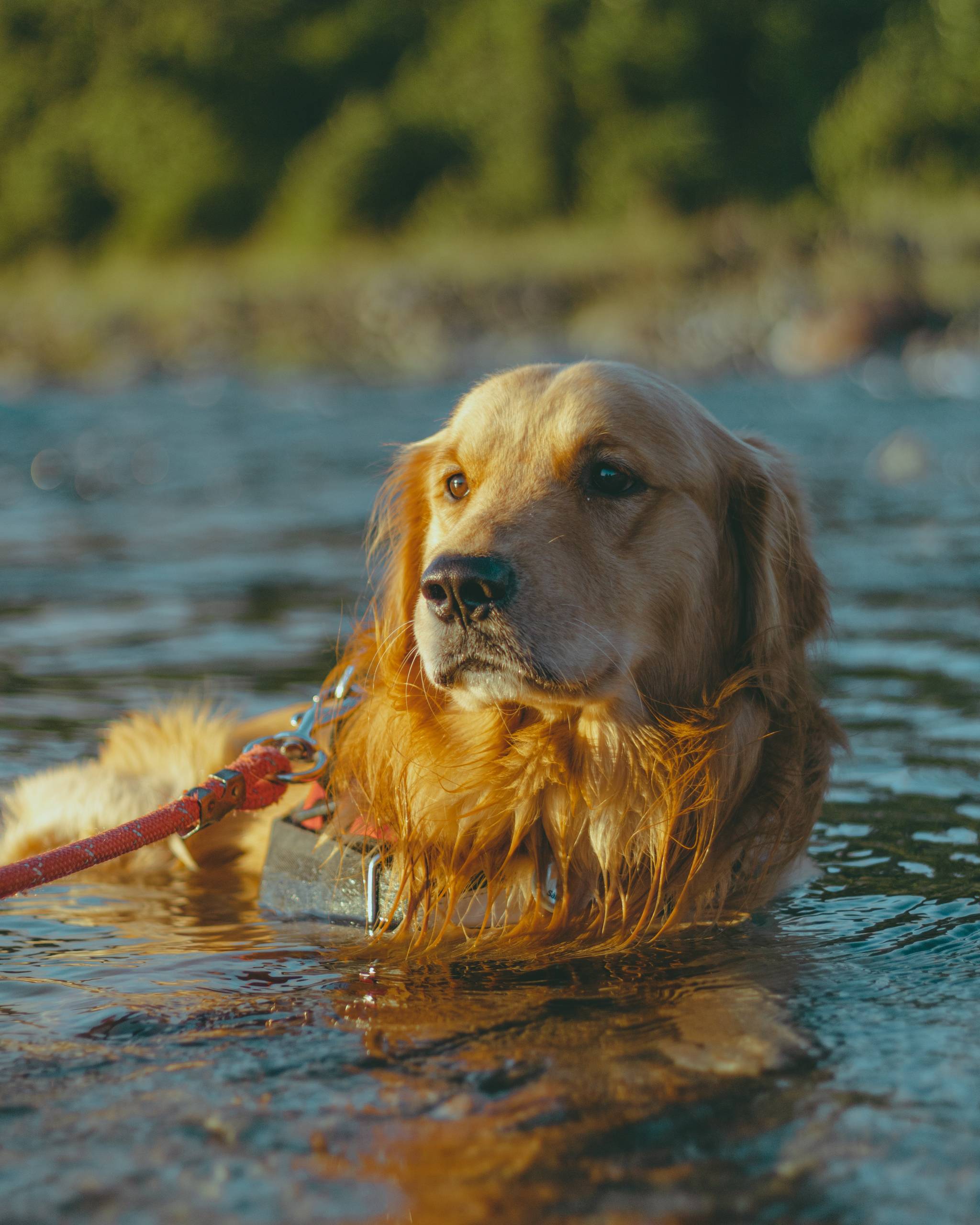Dealing with a dog that pees in the house can be frustrating for pet owners. This common issue affects many dog owners, and understanding the reasons behind this behavior helps in finding effective solutions. Whether it’s a puppy or an adult dog, there are steps to encourage better habits and foster a harmonious living environment.
Recognizing Accidents Happen
Accidents are part of a dog’s life. Dogs, like people, have varying levels of bladder control, and different factors can lead to indoor urination. Puppies are still developing their ability to hold their bladders, leading to frequent accidents. Adult dogs might face specific medical issues, behavioral challenges, or stressors that contribute to indoor urination. Approaching the situation with empathy and patience is crucial.
Establishing a Routine
One of the most effective strategies to curb indoor urination is to establish a consistent routine. Dogs thrive on schedules, so regular feeding and potty times can significantly reduce accidents. Take your dog outside first thing in the morning, after meals, and before bedtime. Observing your dog’s body language is also essential; signs like sniffing, circling, or whining indicate the need to go outside. By being attentive and proactive, you help your dog associate outdoor relief with appropriate behavior.
Setting Puppies Up for Success
For puppies, setting them up for success is vital. Crate training can be an effective tool since dogs naturally avoid soiling their sleeping areas. A properly sized crate encourages them to hold their bladder until they can go outside. Frequent trips outdoors, especially after meals, playtime, and naps, are necessary. Positive reinforcement, such as praise or treats when they go potty outside, helps reinforce desirable behavior. Over time, puppies learn that outdoor potty breaks are the expectation.
Addressing Adult Dog Issues
For adult dogs having accidents, ruling out medical issues is critical. Conditions like urinary tract infections or bladder stones can lead to increased urgency and accidents. If an adult dog suddenly starts urinating indoors after being house trained, a veterinarian visit is essential to address potential health concerns. Once any medical issues are resolved, focusing on behavioral aspects becomes possible.
Managing Anxiety and Stress
Anxiety or stress can also lead to indoor urination. Changes in the household, such as moving or the arrival of a new pet, can trigger anxiety in dogs. Creating a safe and comfortable environment is key. Providing a designated space where the dog can feel secure, using calming aids like pheromone diffusers, or seeking advice from a professional dog trainer can alleviate anxiety.
Cleaning Up Accidents Effectively
The cleaning process after an accident is crucial. Dogs have a keen sense of smell, and if they can still detect their urine, they may return to that spot. Use enzymatic cleaners designed for pet messes, as they break down urine compounds and eliminate odors. Avoid ammonia-based cleaners, as they can attract dogs back to the same area. Thoroughly cleaning the space helps reinforce the idea that indoors is not an appropriate place for relieving themselves.
Focusing on Positive Reinforcement
Addressing indoor urination requires avoiding punishment. Negative reinforcement can lead to fear or anxiety, worsening the issue. Instead, emphasize positive reinforcement. Reward your dog with treats, praise, or playtime when they successfully go outside. This approach fosters a positive association with potty breaks and encourages the behavior you want to see.
Using a Leash for Potty Breaks
Using a leash during potty breaks can be beneficial, especially for easily distracted puppies or wandering dogs. A leash helps keep the dog focused on the task and minimizes distractions. Once the dog has successfully gone potty, allowing some free time to explore and play can be rewarding.
Seeking Professional Help
If accidents persist despite your efforts, consulting a professional dog trainer or behaviorist may be necessary. They can provide personalized strategies and insights into specific behavior patterns. Sometimes, a fresh perspective can significantly impact effectively addressing the issue.
Importance of Socialization
Socialization plays a critical role in preventing indoor urination. A well-socialized dog is generally more confident and less anxious. Exposing your dog to various environments, people, and other animals in a positive manner helps build confidence and reduces the likelihood of stress-related urination. Training classes or playgroups can enhance social skills and provide positive experiences.
Hormonal Changes in Female Dogs
For female dogs, hormonal changes related to their heat cycle may contribute to indoor urination. If your female dog is not spayed, discussing the possibility of spaying with your veterinarian can help alleviate some behavioral issues associated with heat cycles. If spaying isn’t an immediate option, being attentive to your dog’s needs during this time and taking precautions to manage potential accidents is essential.
The Path to Improvement
Consistency is crucial in addressing indoor urination. It may take time for your dog to fully understand expectations and for you to establish a routine that works. Patience and commitment to the process are key. Celebrate small victories along the way, and don’t be discouraged by setbacks. Every dog is unique, and some may take longer to adjust than others. With dedication, helping your dog learn to stop peeing indoors is achievable.

